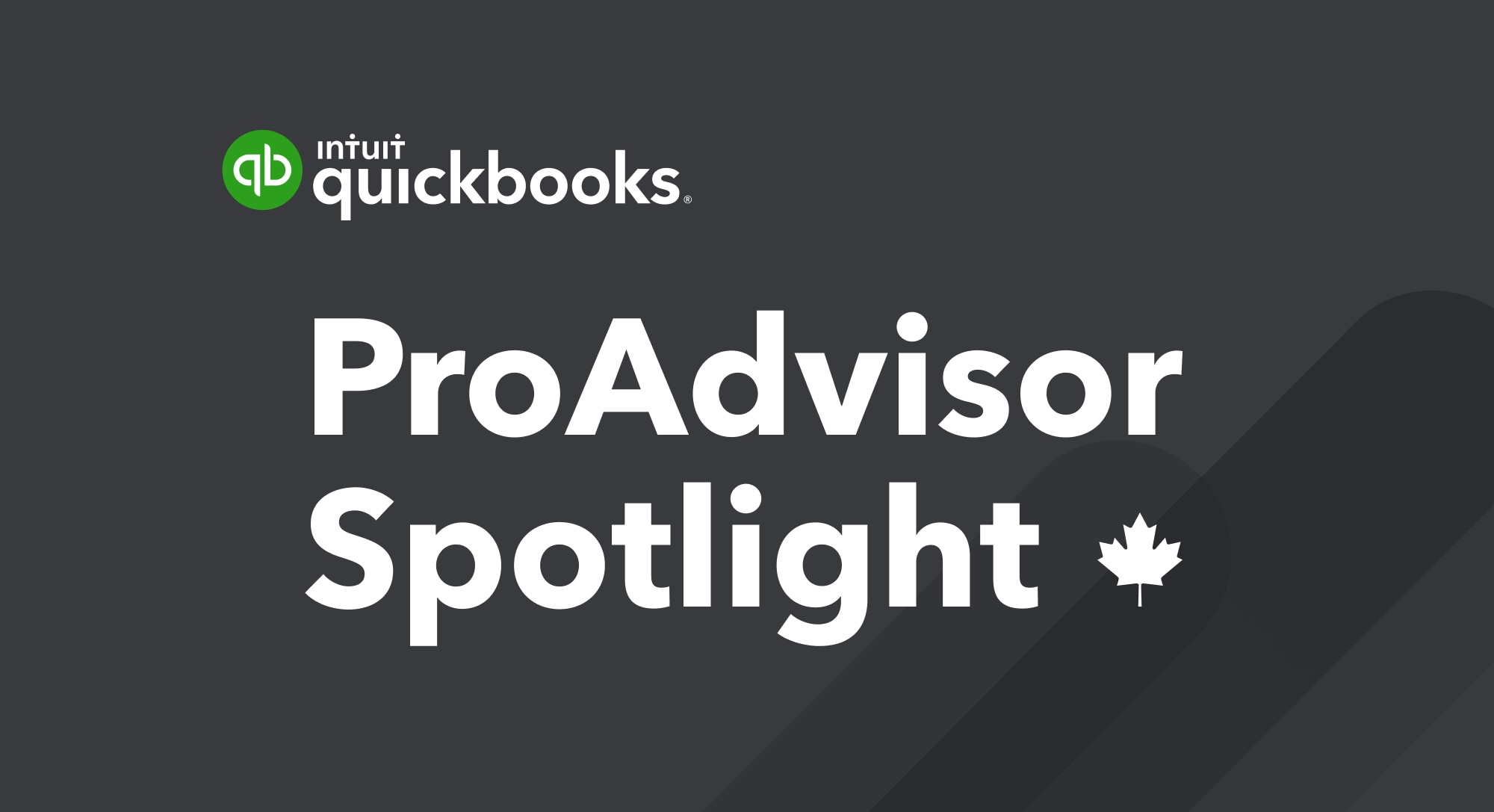In 2018, Jason Ding left his corporate accounting job to purchase his own firm in Surrey, BC.
We sat down with Jason to learn about the challenges he faced in his new practice, his strategies for growth, and how QuickBooks Online helped him scale his business.
First, a little about Jason Ding, CPA Inc.:
- Location(s): Surrey, British Columbia
- Year established: 2018
- Client industries: Serves small businesses from a variety of industries.
- Services offered: Notice to reader compilations, financial statements, corporate and personal tax returns, advisory, and bookkeeping
- Started using QuickBooks: 2018
Want to connect with Jason Ding, CPA Inc.? Check out Jason’s profile on the Find a ProAdvisor directory.


